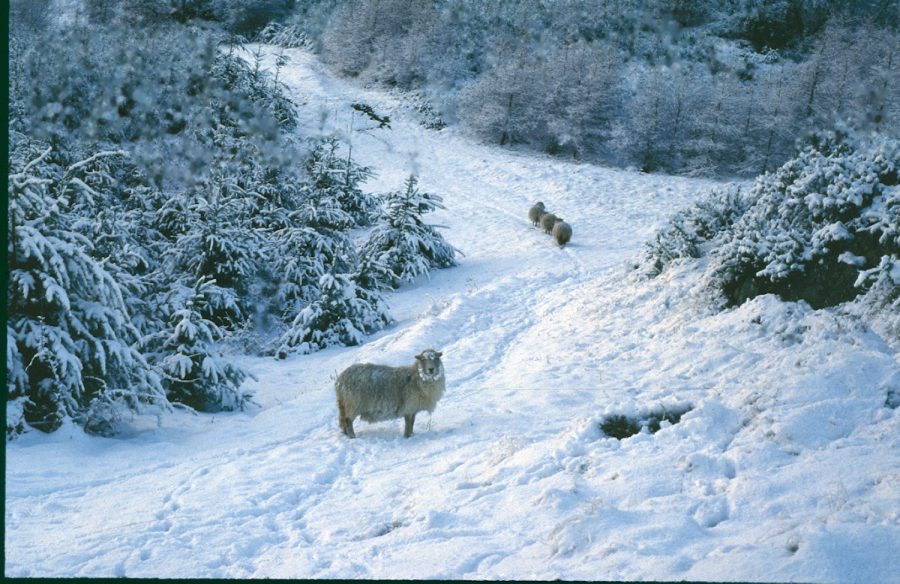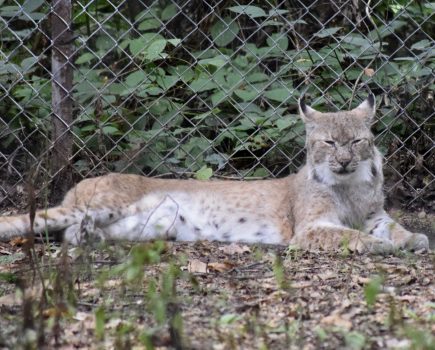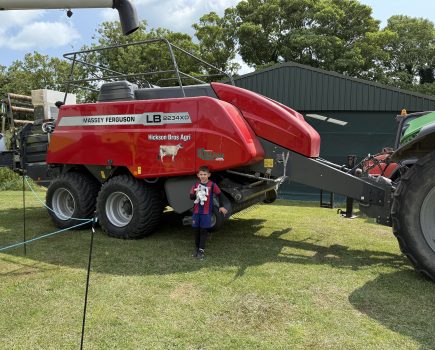Very best wishes to everyone for a happy and prosperous New Year, hoping that 2025 will be rather more fulfilling than the last year has proved to be.
I don’t like to stray into politics, but I must say that I was proud to be a part of the Whitehall rally in November. To some it was about politics, but for many it was simply a matter of standing up for an essential sector of our national economy, one that has for decades been badly wronged by successive governments; the political events of this autumn simply provided the final, if enormous, metaphorical straw.
Estimates of those attending vary from 10,000 to 45,000. Suffice to say that if the lower estimate is anywhere near correct, this leads to the incredible assumption that considerably more than 1% of the total number attending passed through Charing Cross station during the ten minutes that I was there chatting to people at about 10.30 on the morning of the rally; farmers stand out rather at a main line London station, so are not difficult to count.
The true number lays somewhere betwixt, but whatever the figure it was a clear demonstration of the anger and frustration felt by farmers across the UK, farmers that have been squeezed for years and have now had enough. What was particularly pleasing to me was the number of ex-students of mine that I saw and chatted to on the day; that aside, well done to all of those from all over the UK who took the time out to make their voices heard. Sheep and the wider livestock sector were, I’m sure, sadly underrepresented, not because they don’t care but due to the demands placed on them in caring for their stock.
There was a lot of passion and emotion on the day as genuine fears and grievances were shared and, in spite of some of the media coverage, there is undoubtedly a lot of genuine public sympathy and support for the cause, although some will question why farmers should be treated as a special case.
The patronage we currently enjoy is vital to the sheep sector. We cannot rely on support from the larger retailers, which will be happy to suck in lamb from the other side of the world if it helps their margins. We need consumers who will support domestic producers and ask for British lamb; we need to remind them that money spent on imports largely leaves the UK economy and is money lost, whereas money spent on local lamb goes around in the local economy, a circular flow of money that supports many other local businesses beyond farming.
But we cannot simply rely forever on pleading for farming as a special case. To retain and earn further public support we need to be able to demonstrate public benefits beyond food production, particularly as far as environmental and climate change issues are concerned. I can now picture some producers saying “environment/climate change? What a load of bo****ks”. I can understand much of their cynicism, but we simply cannot afford to ignore public perceptions and opinions; they are our customers and, being brutally honest, we need them more than they need us.
We also need to be wary of those other groups and organisations, political and otherwise, hovering on the margins hoping to grab a share of our support. Some are well-meaning but others will grasp at any opportunity to further their own agendas; we need to choose our bedfellows carefully.
DEFRA has for years shown itself to be a somewhat vacuous organisation, bereft of direction and meaningful policies. It is a vacuum that increasingly appears to have been filled by the Treasury and by the Climate Change Commission (CCC), which appears to be driving much of DEFRA’s deliberations. The CCC certainly has its own views for agriculture and rural land use, views that possibly do not accord with ours and which we all need to be aware of, but there is not room to do them justice here. That said, DEFRA has, in terms of duplicity, crass stupidity and vindictiveness, excelled itself since the November rally.
I have taken the unusual step of scrapping what I had written and will simply quote the statement made by the National Sheep Association (NSA)’s Chief Executive
Phil Stocker:
“There are few organisations that have embraced the spirit of co-design and the need to build trust between industry and DEFRA more than NSA. We have worked tirelessly and proactively to help test scheme design and to feedback on members’ experiences. But what we are seeing now is a betrayal of trust and confidence that has been promised and worked towards over the last eight years.
“We have members who have wholeheartedly thrown themselves into the SFI [Sustainable Farming Incentive] pilot, whose agreements have now ended with no certainty over continuation into SFI, fears over budget cutbacks, and the capital grants that have been a key part of fulfilling SFI actions being closed. On top of that, farmers are now facing huge reductions in BPS in 2025 that far exceed what was expected. It seems absurd that farmers are being punished for their enthusiasm to move towards more efficient and sustainable practices. DEFRA and Government are again showing a lack of understanding that farming businesses have to budget years in advance. Many farmers cannot afford to carry out these environmental works without funding and, while we may be seeing record sheep prices, these are struggling to cover the inflationary pressures within business enterprises.
“The whole principle behind our new post-CAP direction was one of payment reward for delivery of public goods, many of which restrict business activities on farms and need paying for. Furthermore, the investment in sustainable farming contributes to our climate change, nature recovery and natural resource commitments. If DEFRA and Government continue on this trajectory, we will be back to square one and there are many that will not have the appetite for that.”
Quite how we have arrived at this ridiculous situation defies logic. How can an organisation that, only a couple of months ago, had an accumulated underspend of £358 million suddenly have no funds? Questions need to be asked and we deserve honest answers. A conversation started on 19 November. It’s incumbent on us all to ensure that our views and voices are heard in whatever way we can as part of an ongoing and hopefully open dialogue; let 2025 be a year of positive change.







